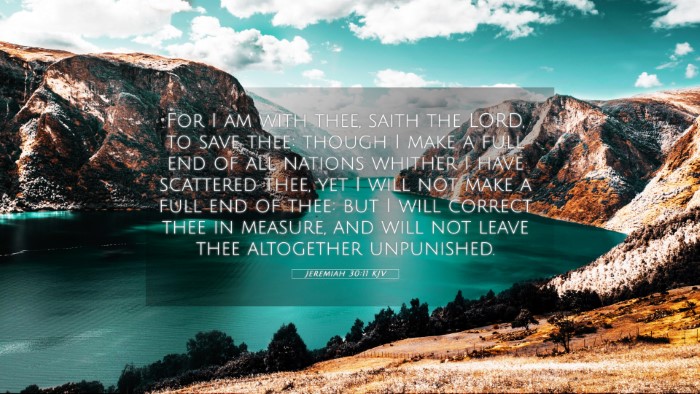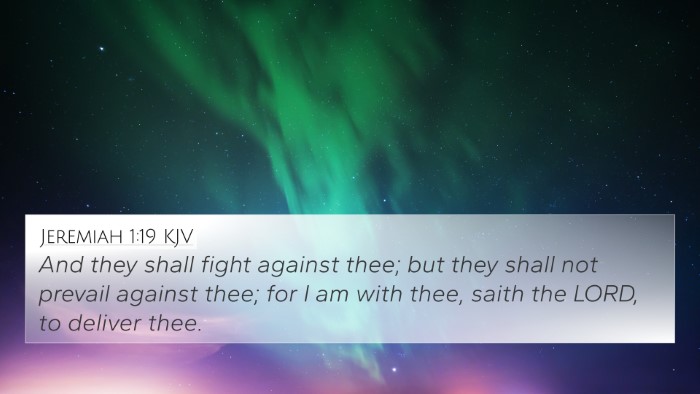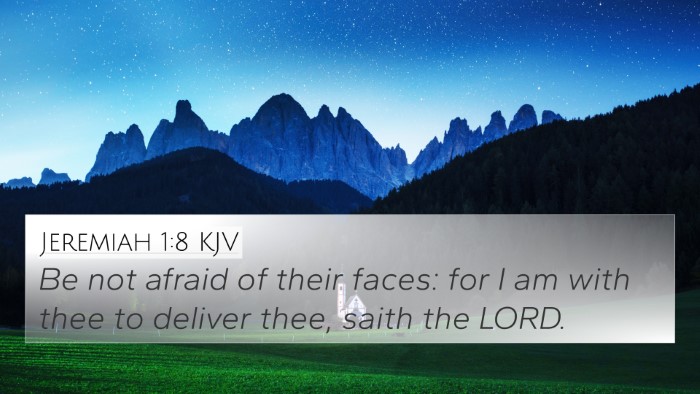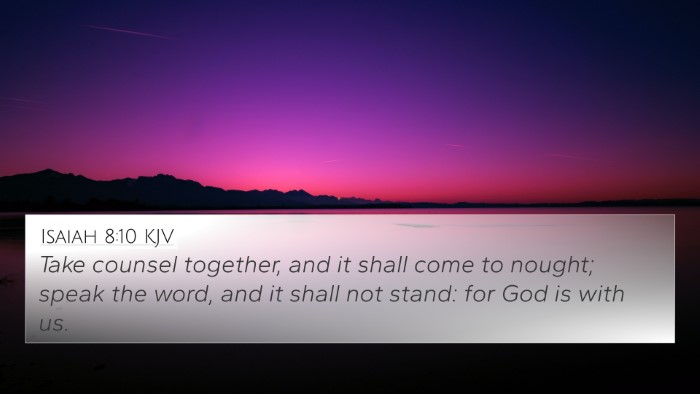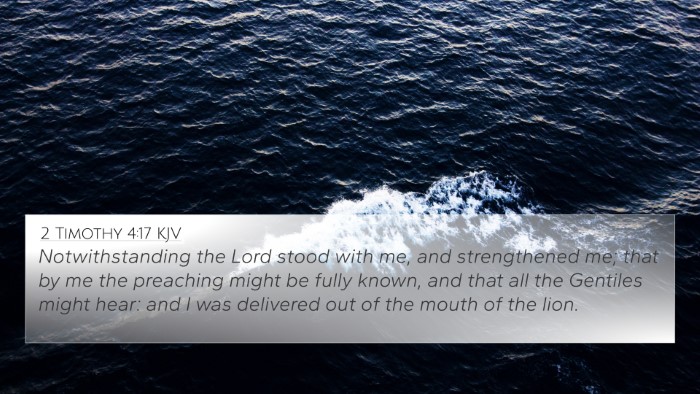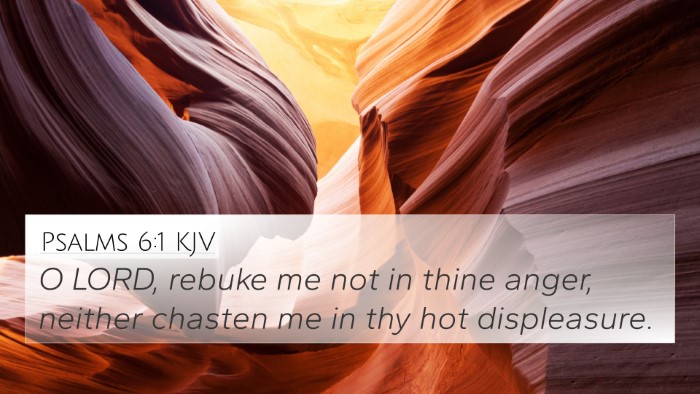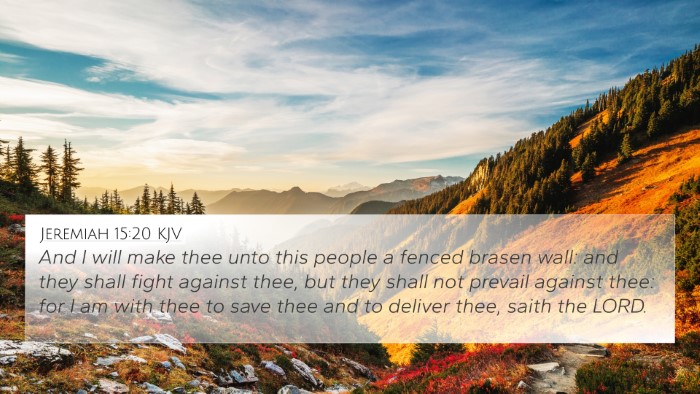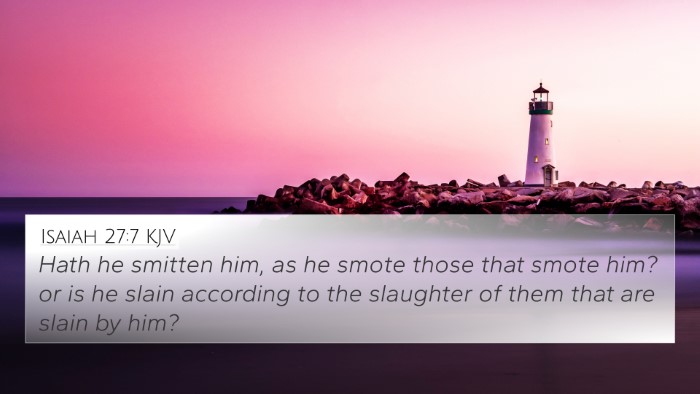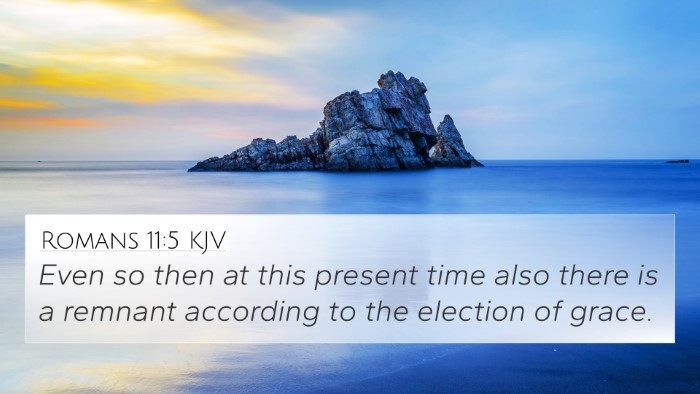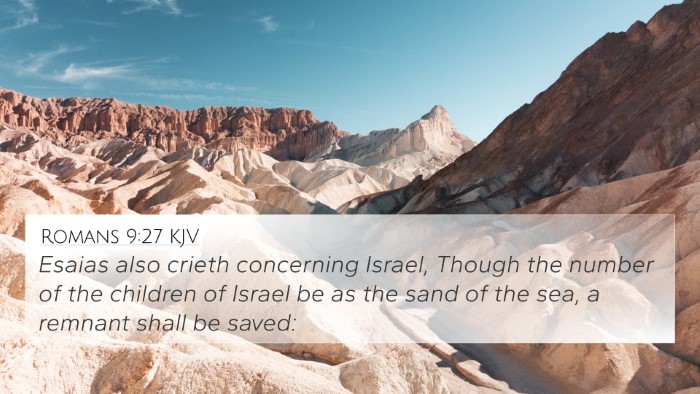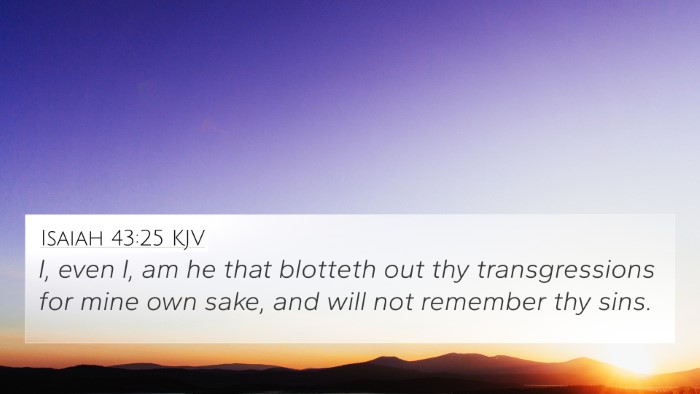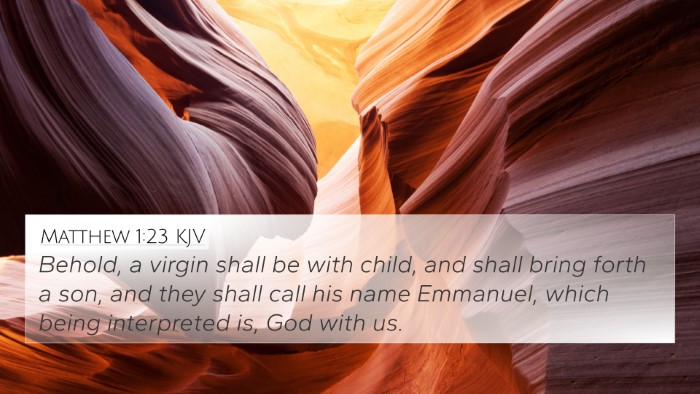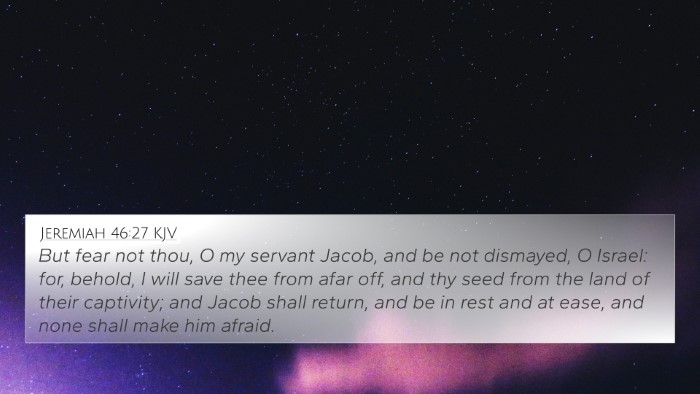Understanding Jeremiah 30:11
The verse Jeremiah 30:11 reads:
"For I am with thee, saith the LORD, to save thee: though I make a full end of all nations whither I have scattered thee, yet will I not make a full end of thee: but I will correct thee in measure, and will not leave thee altogether unpunished."
Verse Meaning
This verse expresses the assurance of God’s presence and His commitment to save His people despite their circumstances. It emphasizes God's sovereignty over the nations, His discipline towards His people, and His ultimate plan for restoration.
Key Insights from Public Domain Commentaries
Matthew Henry's Commentary
Matthew Henry notes that God’s willingness to save expresses His mercy and grace. The phrase "full end" signifies that although God may allow hardship and judgment on His people akin to how He acted against the nations, His covenant with Israel remains intact. The corrective aspect indicates that God’s discipline will not lead to destruction but rather to refinement and eventual restoration.
Albert Barnes' Notes on the Bible
Albert Barnes highlights the contrast in God's dealings with nations and His people. While nations face complete destruction due to their wickedness, Israel, though subject to punishment, will not be cast off permanently. This verse reflects God's justice in chastening His people for their sins yet offers a future hope where they will be restored to favor and prosperity.
Adam Clarke's Commentary
Adam Clarke emphasizes the unconditional promise that God will not fully end His covenant with Israel. He points out that "correct thee in measure" suggests proportional discipline; it is not arbitrary but serves a purpose. Clarke also connects this passage to the overarching theme of God’s faithfulness even when His people stray, ensuring that their suffering has a divine purpose.
Bible Verse Cross-References
This verse connects with several other passages throughout the Bible that reinforce similar themes of God's discipline, protection, and covenant faithfulness. Key cross-references include:
- Isaiah 54:7-10: Discusses God's temporary withdrawal and the ultimate promise of restoration.
- Lamentations 3:31-33: A reminder of God’s compassion and the notion that He does not willingly afflict His children.
- Romans 11:1-2: Paul asserts that God has not rejected His people, demonstrating a continuation of the covenant.
- Zechariah 1:16: Speaks about God's return to Zion and His compassion upon Jerusalem.
- Hebrews 12:5-11: Discusses the discipline of the Lord, showing that true sons are corrected.
- 2 Chronicles 7:14: Explains God’s promise to restore if His people humble themselves and seek Him.
- Jeremiah 29:11: God’s declaration of a future hope and welfare for His people, despite their current exile.
Thematic Bible Verse Connections
The themes present in Jeremiah 30:11 can also be cross-referenced with related scripture. Here are some thematic connections:
- Mercy: Exodus 34:6-7 highlights God’s nature as merciful and gracious.
- Restoration: Ezekiel 36:24-26 promises the restoration and renewal of Israel.
- Judgment and Hope: Micah 7:18-20 combines the concepts of judgment and hope for Israel's future.
Cross-Referencing Biblical Texts
Understanding cross-references is essential in comprehending the full narrative of Scripture. These links help in studying the Bible contextually, especially in recognizing themes of God’s justice and mercy that are prevalent throughout His Word. Tools such as a Bible concordance or cross-reference guide can enhance Bible study by identifying relevant connections and paralleling scripture.
Tools for Bible Cross-Referencing
Utilizing a Bible cross-reference system can aid in finding how themes from Jeremiah 30:11 resonate throughout scripture:
- Use a Bible concordance to find keywords in this verse and locate corresponding passages.
- Employ cross-reference Bible study methods for deeper thematic exploration.
- Leverage Bible reference resources that collate similar themes across the text.
Conclusion
Jeremiah 30:11 serves as a powerful reminder of God’s unwavering commitment to His people, even amid adversity. Through the insights gathered from esteemed commentaries, and the identified cross-references, one can appreciate the rich tapestry of God’s covenant love, justice, and ultimate restoration. This exploration encourages believers to reflect on their relationship with God and to seek deeper connections through scriptural cross-referencing.

